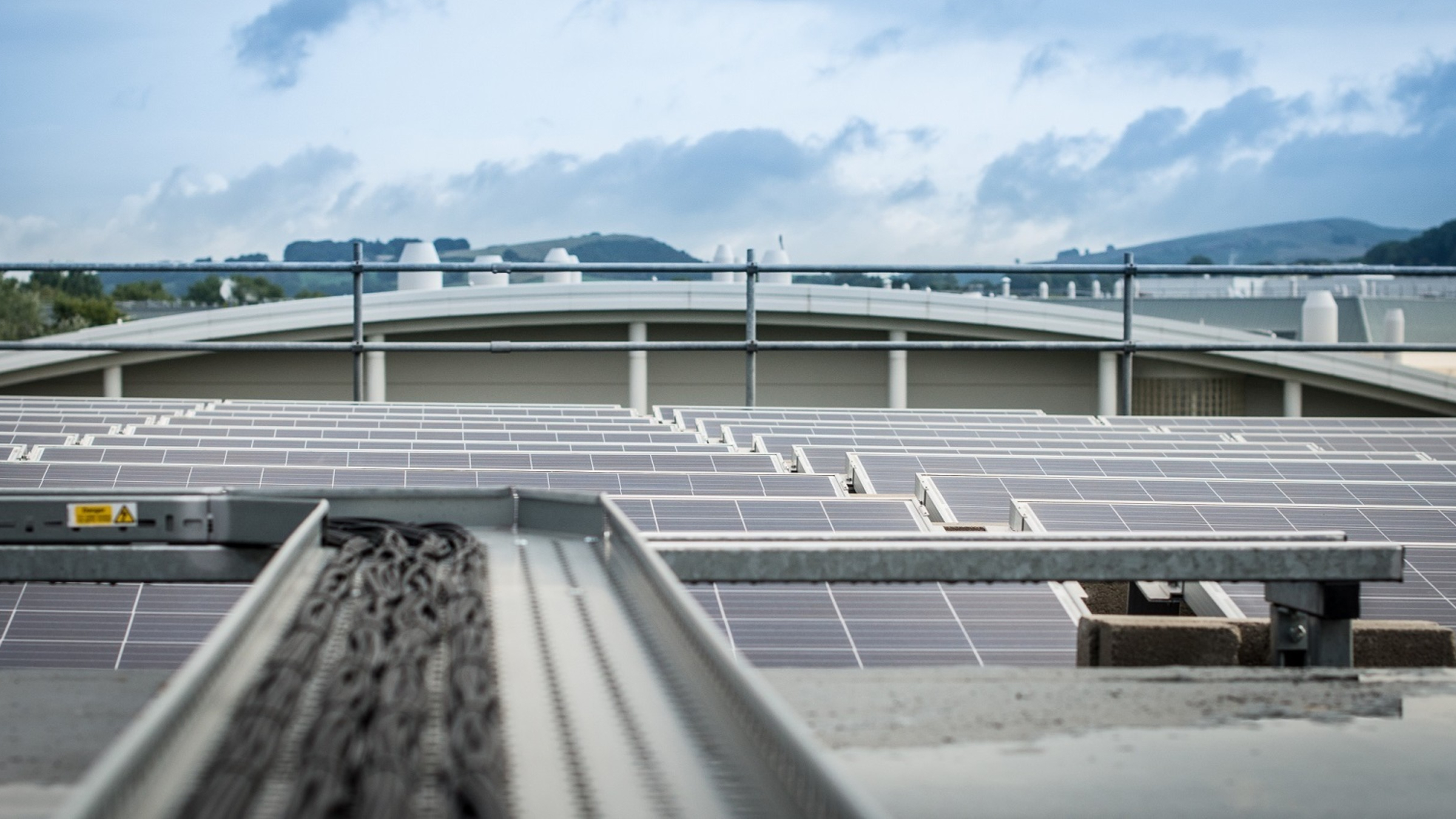
AstraZeneca advances net-zero carbon goals, adding Honeywell deal and outsider oversight among new ESG efforts
Just a few years ago, the pharma industry was labeled as a big-time carbon polluter in a study that showed greenhouse gas emissions that were 55% higher than the auto industry. The study and media reports that followed expressed some shock amid surprisingly scant attention paid to the industry by environmental watchers.
Since then, however, pharma companies have taken up the challenge — including efforts by many to drive to net-zero emission goals. AstraZeneca, along with Novartis and Merck, is leading the time race in the industry, setting company goals for 2025, followed by a larger group of pharmas aiming for 2030. ESG tracker SPGlobal notes J&J, Pfizer, GlaxoSmithKline, Sanofi and BioNTech among the latter group.
Unlock this article instantly by becoming a free subscriber.
You’ll get access to free articles each month, plus you can customize what newsletters get delivered to your inbox each week, including breaking news.